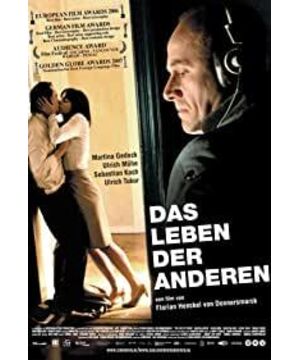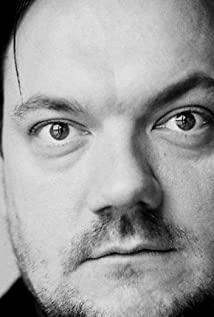The story takes place in East Germany in 1984. At that time, East Germany under socialism was firmly controlled by the high-pressure policies of the National Security Agency. Politicians relied on their own political methods to adopt the strategy of "those who follow me prosper, those who oppose me perish". His political skills also extended to the field of artists, and many artists were "suicided." This makes me think of our "Cultural Revolution", social darkness, political corruption, absolutely no freedom of speech, high slogans, and fanaticism. As the secret police, Wesler was ordered to monitor all the actions of the artist Deleman. Deleman is a very talented writer. He and his wife live a normal life. It is this peaceful, yet "revolutionary" and anti-Party life that has completely changed the worldview, outlook on life, and values of the eavesdropper. He changed himself and chose to protect this writer.
View more about The Lives of Others reviews











